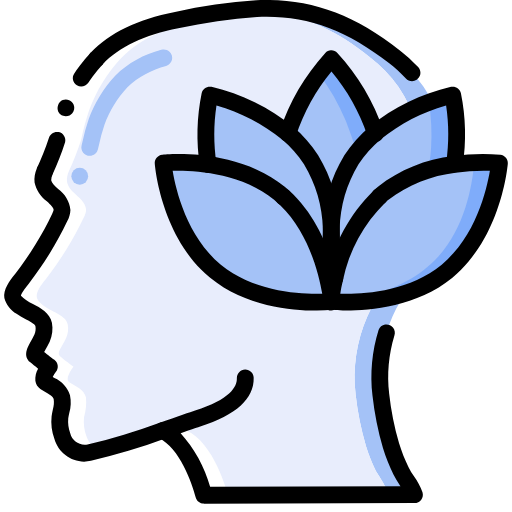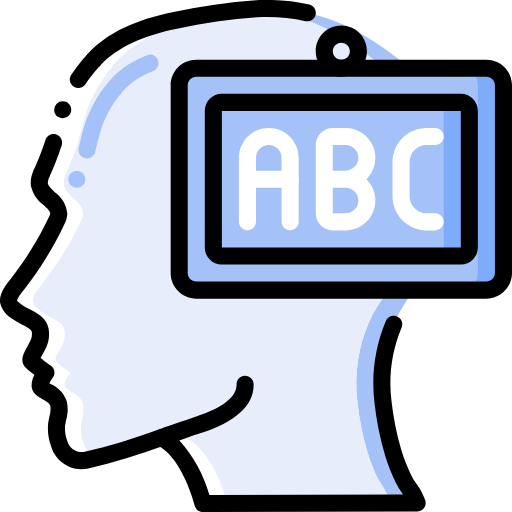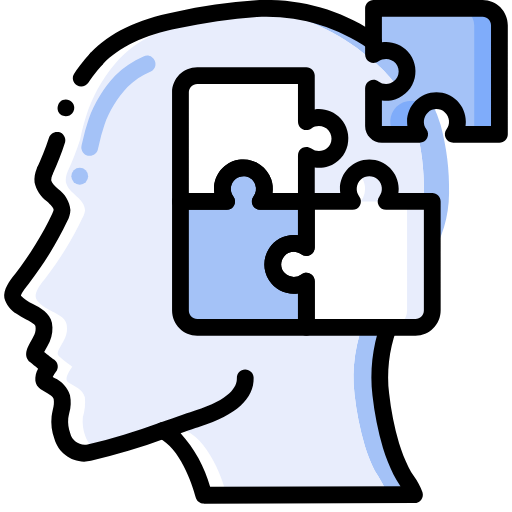Professional interests and tendencies
An analytical framework designed to explain the relationship between personality types, an individual’s career interests, and the work environments that suit them. It is based on the hypothesis that a person’s professional success and job satisfaction increase when their personality type is aligned with the nature of their work and its environment.

Realistic - R
Realistic - R
Tends to prefer practical, hands-on activities. They enjoy working with tools, machines, and tasks that require physical or technical skills.

Investigative - I
Investigative - I
Shows interest in logical thinking, problem-solving, and research and inquiry. They enjoy analyzing, studying, and finding solutions to complex problems.

Artistic- A
Artistic - A
Characterized by a desire for creative expression and innovation. They are drawn to activities that allow them to present new ideas and express themselves freely.

Social - S
Social - S
Attracted to interacting with others and helping them, working in collaborative environments that require constant communication.

Enterprising - E
Enterprising - E
Known for a love of leadership, influencing others, and making decisions. They prefer roles that involve initiative and risk-taking.

Conventional - C
Conventional - C
Description: Tends to prefer organization, precision, and adherence to rules and procedures. They enjoy working in structured and stable environments.
The Doers
عملي – ميكانيكيPractical – Mechanical – Independent
The Thinkers
The Thinkers
The Creators
Creative – Imaginative – Sensitive
Helpers
Collaborative – Empathetic – Motivator
Persuaders
طموح – مُخاطِرAmbitious – Risk-taker – Leader
Organizers
Organized – Precise – Careful
Interest Model aims to:

Scientific Classification of Occupational Interests: It aims to analyze personalities and classify them into the main RIASEC patterns to identify suitable career fields for everyone.

Achieving Occupational Compatibility:
It seeks to connect personal characteristics with different job requirements to ensure career success and satisfaction.

Establishing Informed Decisions:
It provides a scientific framework that helps transform career selection from a random process to an evidence-based, systematic decision.
Interest Model helps to:

Assist individuals in identifying careers that match their personality traits and interests, thereby increasing opportunities for job satisfaction and professional achievement.

Serve as a guidance tool for students to choose academic majors or training programs that align with their inclinations.

Be utilized in human resources to place people in suitable positions or form balanced work teams that reflect diverse skills and interests.

